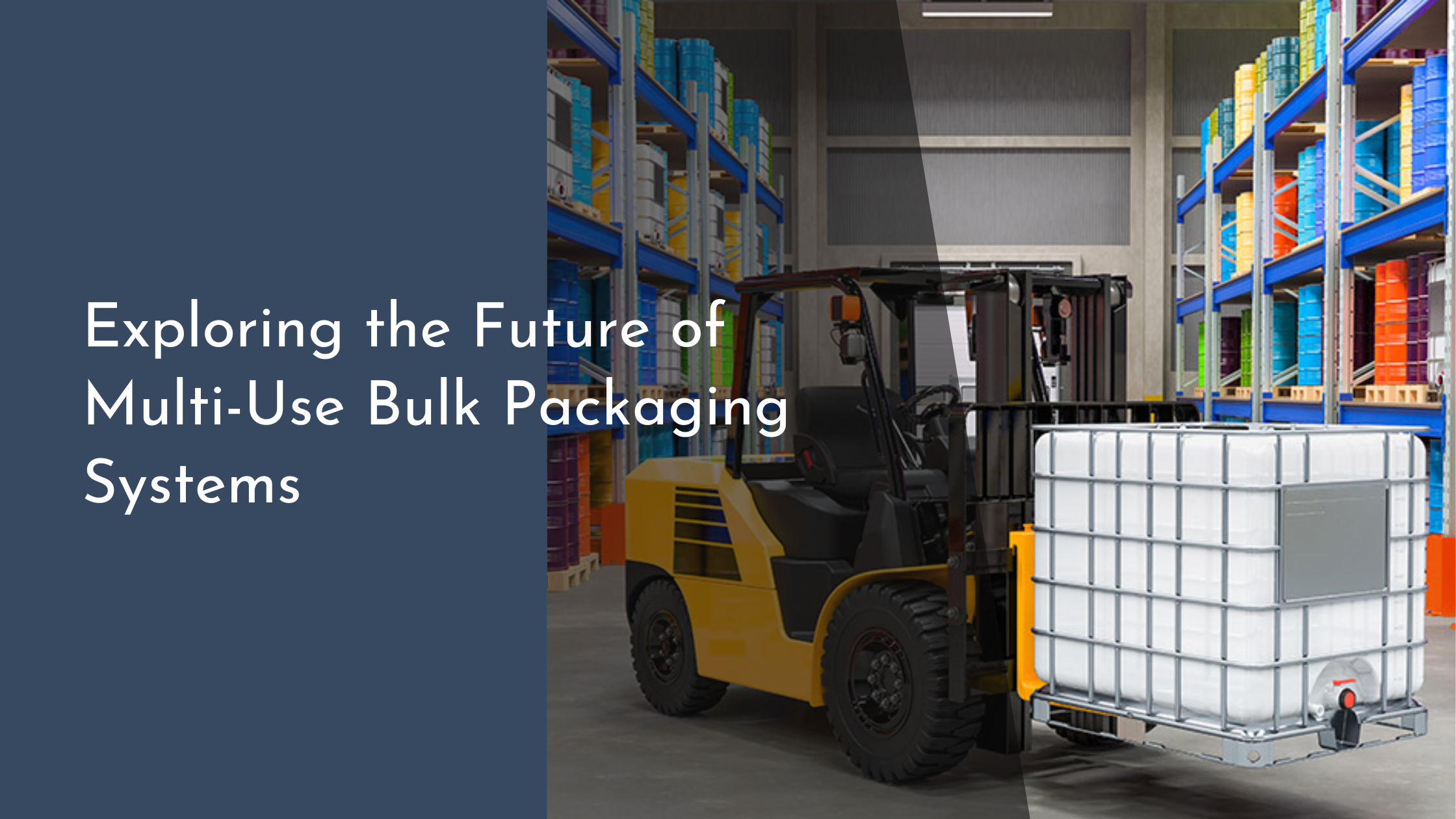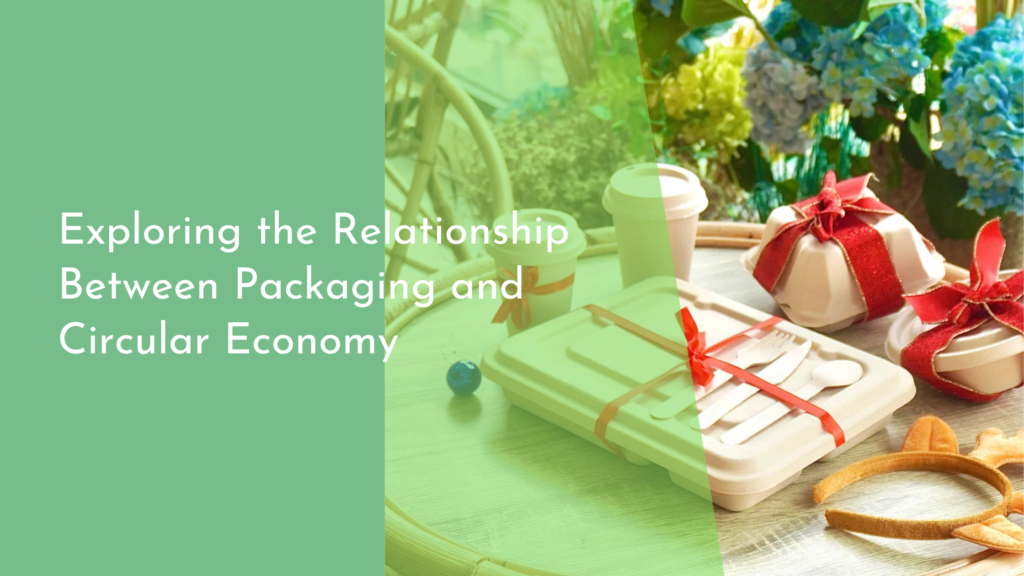Exploring the Future of Multi-Use Bulk Packaging Systems
In an era where sustainability and efficiency are paramount, the packaging industry is undergoing a significant transformation. Multi-use bulk packaging systems are at the forefront of this revolution, offering promising solutions to meet the demands of modern businesses and eco-conscious consumers. As companies strive to reduce their environmental footprint and enhance operational efficiency, innovations in multi-use packaging are not just a trend but a necessity. This article explores the dynamic changes shaping the future of packaging, highlighting the key innovations, sustainability efforts, and technological advances that are revolutionizing the industry.
Innovations Leading the Packaging Revolution
The packaging industry is witnessing an exciting phase of innovation, driven by the urgent need to address environmental challenges and improve efficiency. One of the key innovations in multi-use bulk packaging systems is the development of materials that are both durable and lightweight. These materials, such as advanced polymers and bio-based composites, offer the durability required for repeated use while minimizing the weight, thus reducing transportation costs and carbon emissions. Additionally, modular packaging designs that can be easily reassembled or customized according to the specific needs of different products are gaining popularity. These designs not only improve the functionality of packaging systems but also enhance their aesthetic appeal, offering a competitive edge to businesses.
Another significant innovation is the introduction of smart packaging solutions that integrate digital technology with traditional packaging. These systems use sensors and IoT devices to monitor the condition of the contents, track the location of the packages, and provide real-time data to both consumers and businesses. This level of transparency not only enhances the customer experience but also allows companies to optimize their supply chains. By reducing waste, preventing theft, and ensuring timely deliveries, smart packaging contributes to a more efficient and sustainable packaging ecosystem.
Sustainability: The Core of Future Packaging
Sustainability is no longer an optional consideration in packaging design; it is now at the core of future packaging strategies. Multi-use bulk packaging systems are inherently designed to reduce waste by minimizing the need for single-use materials. By extending the lifespan of packaging materials through repeated use, companies can significantly reduce their environmental impact and contribute to a circular economy. Many businesses are also exploring the use of biodegradable and compostable materials for instances where single use is unavoidable, thereby minimizing their overall ecological footprint.
Moreover, companies are increasingly adopting the principles of eco-design in their packaging strategies, focusing on minimizing resource use and maximizing recyclability. This includes streamlined manufacturing processes that reduce energy consumption and carbon emissions. Additionally, collaborations between packaging manufacturers, suppliers, and end-users are being fostered to create closed-loop systems where materials are continually reused, recycled, and repurposed. These efforts are paving the way for a more sustainable future, where packaging not only protects products but also preserves the planet.
Technological Advances Shaping the Industry
The rapid adoption of technology is playing a pivotal role in transforming the packaging industry. Automation and robotics are being integrated into packaging processes, enhancing precision and efficiency while reducing labor costs. These technologies facilitate the handling of bulk materials and streamline the packing and unpacking processes, ensuring that multi-use bulk packaging systems are both effective and economical. Furthermore, advanced manufacturing technologies such as 3D printing are enabling customized packaging designs that meet specific consumer needs while minimizing waste.
Digitalization is another game-changer, bringing forth innovations like digital twins and AI-driven analytics. Digital twins allow companies to simulate and optimize packaging processes virtually before implementing them in the real world, thus ensuring the highest levels of efficiency and effectiveness. AI-driven analytics provide actionable insights into consumer behavior and preferences, helping businesses tailor their packaging solutions to meet market demands. These technological advances are not only enhancing the functionality and appeal of packaging systems but also ensuring that they are more aligned with the modern consumer’s expectations for sustainability and efficiency.
As we look to the future, it is clear that multi-use bulk packaging systems hold the key to a more sustainable and efficient packaging industry. By embracing innovations, prioritizing sustainability, and harnessing the power of technology, businesses can revolutionize their packaging strategies, benefiting both their bottom line and the planet. The convergence of these elements will lead to a packaging ecosystem where sustainability is seamlessly integrated into every aspect, from design to disposal. As consumers and companies alike become more eco-conscious, the shift towards multi-use packaging is not just inevitable, it is essential for a thriving, sustainable future.



